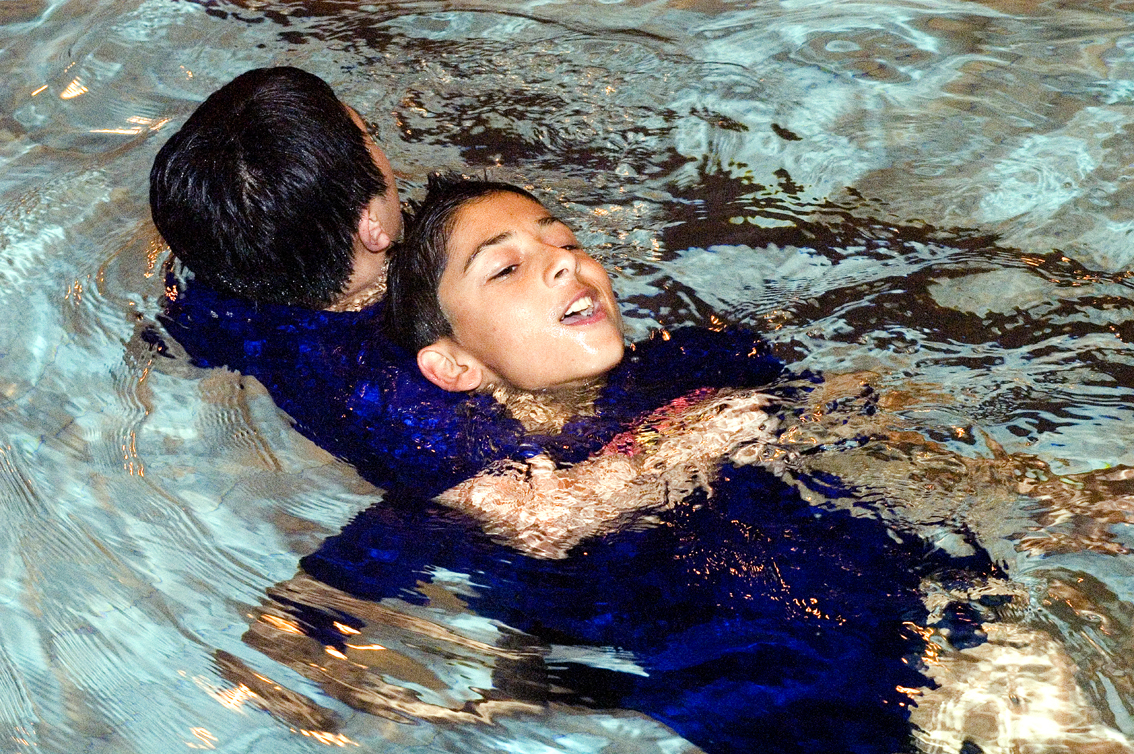(lots of notes about and riddles and riddling contests appear below; what is immediately below are riddles I composed, using aspects of ancient riddling; I’ll post the solutions to these riddles tomorrow; the solutions, by the way, are things you’re familiar with or have heard of, I believe, no matter where you are)
Riddles in the Anglo-Saxon Way
1
I am old and older still
In nations beyond colonies,
I am on a hill or by the stream
Above and below, the storm rages
On me and my makers.
Though if I do my purpose.
All is well for them
And, with their care, myself.
What am I?
2
You want in?
You must use me;
I am the way into the heart
And all the rest.
At night or morn, I might be used.
Safety is my purpose.
What am I?
3
I am quiet except when I’m not;
Then you heed me.
Many colors, though of me
Easily you say one color.
I am never the same yet always constant.
Leave and look;
I am there.
You need me.
What am I?
4
I am the greatest of all kings;
Ozymandias weeps beside my permanence.
I have majesty over all, minion humans serving me
Since the days of dynasties now fallen old.
Cold I am and hot in brief insanity.
I am queen of all and would openly rule
The cosmos but that I am trapped
In opposition in a small and pointed form.
Me and mine deserve obedience, still.
What am I?
5
and because of the time of year—
I am near, and I am you.
I know all the human tricks.
Sins made me that you might see.
But for now, I must remain.
Who am I?
6
and, boldly (badly) swiping—I mean, as an homage (using the French word) to Tolkien (yeah, that’s it, an homage, a tribute), below is a riddling paraphrase
This thing all lesser things devours
Birds, beasts, all too human towers
Slays town, ruins mind’s or real steel
Grinds hard walls and hearts to meal
Ruins all we might have done
Stays the victory once won
Brings all things we gain and own
Into chaos, rudely sown
Riddles dropped the duelers’ glove
So the hobbit goes above
But Bilbo, Gollum got it wrong
For this is what time better serves in song
(notes)
The Anglo-Saxons, whose culture flourished in the British Isles from B.C. time through the first millennium, loved riddles. Riddles, to riddle, riddling—this was an entertaining craft to share. In fact, maybe because a riddle doesn’t live unless it’s shared (with you, as someone to guess) is one reason for its popularity. Riddling requires companionship. And in uncertain times, a reason requiring us to be together might have sounded pretty good.
Those with education tended to make them, and riddles are recorded next to philosophical and theological collected works of the day. Anyone could enjoy them, but the overall purpose of riddles was twofold: to illuminate and to entertain. Sometimes the solutions were spiritual things—gospel, faith, salvation—and sometimes the answers were earthy—anchor, family, town. Sometimes the same riddle could serve both purposes. A riddle whose answer was “disciples” could work equally well for “friends.”
The solution of the riddle speaks and at the end of the riddle asks the question Who am I? or What am I? Rhyme and meter were often part of the makeup of a riddle so that the riddle might be remembered as a poem or song. The riddle could even be sung and I imagine often was.
Tolkien modernized the ancient riddle for the chapter “Riddles in the Dark” in The Hobbit, featuring a contest between Bilbo and Gollum. The riddles’ form is compact stanzas made in rhyming couplets and, in metre, iambic tetrameter (dah-DAH four times). The challenges between to the two contestants sound entertaining, even though the stakes for the winner and loser are literally life or death:
A box without hinges, key, or lid;
Yet golden treasure inside is hid.
This riddle from the contest is only a couplet long. And the answer is egg. In the Anglo-Saxon way, however, the answer among seminary students might also have been the soul or even eternity. (I’m quite satisfied with the egg.)
So here are some riddles in the Anglo-Saxon way. I’m not a riddle master (that will be obvious). I simply enjoyed translating riddles from Old English, the language of the British culture formed by Latin and German and what of native speech was allowed. I wrote a paper comparing Anglo-Saxon riddles with those in The Hobbit. The paper was read at a conference and subsequently published.
The Hobbit, as a novel and book, was first published by Allen and Unwen in 1937. The American publisher is Houghton Mifflin. The novel has been published many times and in many forms. It is certainly one of the more popular stories of our time.
I hope you enjoy the riddles. I hope you might compose your own.
Row, row, row your boat, careful not to piddle;
Merrily, merrily, merrily, merrily, life is but a riddle.
(If Edmund Lear wrote about riddles, it might have gone like this.)
Riddle me this. Riddle us, this.




Recent Comments